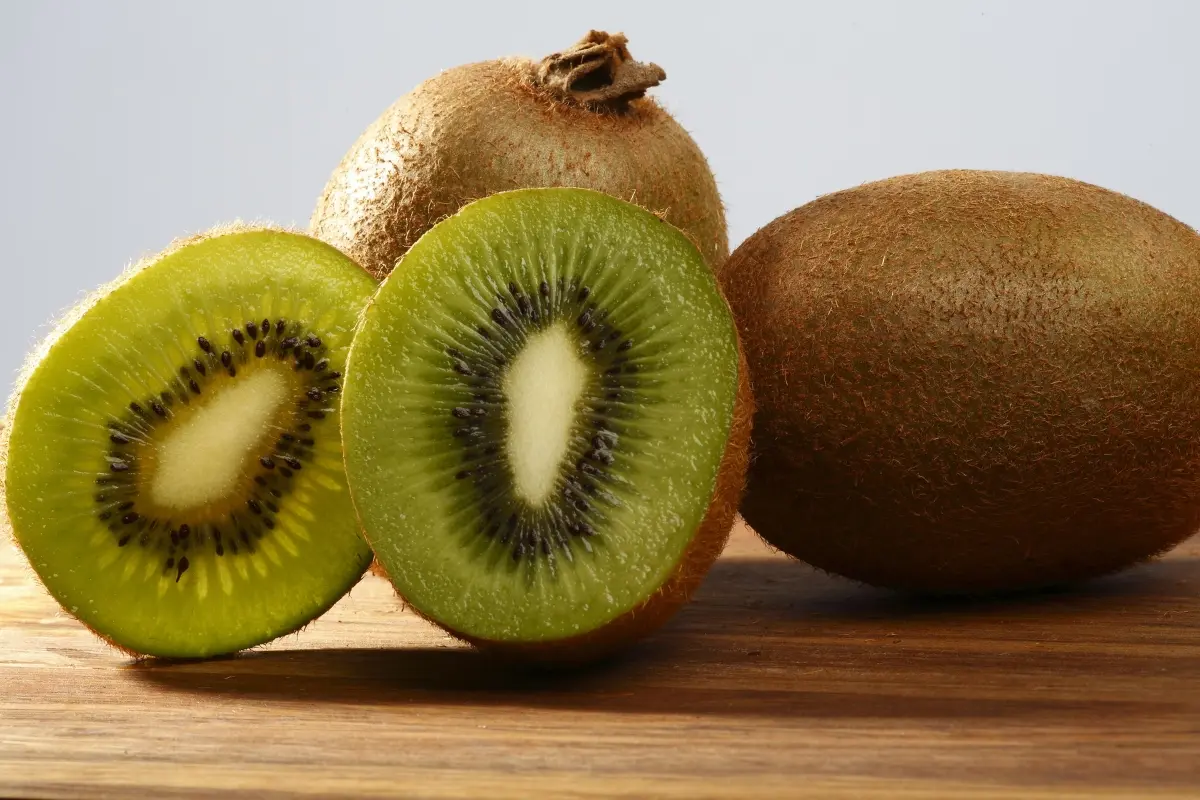
Italian Kiwi production halved
Federagripesca's appeal to the EU

"Fruit and vegetables are the sector most exposed to the effects of climate change. To continue to safeguard current production levels, a clear reversal of the trend with respect to the drastic decline in authorised active substances, which are essential for crop protection", declared the president of Fedagripesca Confcooperative Raffaele Drei on the sidelines of the inauguration of the international Fruitlogistica fair in Berlin (read the EFA News article).
"The limitation of the authorized principles has seen our producers in recent years unable to combat the various plant diseases caused by climate change that have affected fruit trees. A huge amount of production has been lost. In the last ten years a crop like kiwi, which is also strategic on international markets, has halved. Pears have gone from almost 800,000 tons in 2015 to a historic low of 184,000 in 2023. We are therefore launching today from Berlin the request to Europe for a five-year moratorium on the process of revoking active principles, a request around which we intend to seek the widest convergence on the part of the entire agricultural world and politics".
According to a recent report by Aretè for Agrofarma, today in Italy there are about 300 approved active substances, which represent 75% less than the over 1,000 active substances available 30 years ago. Not only that: from 2014 to today the number of revoked active substances amounts to 82, of which more than 70% were used specifically for the protection of fruit and vegetable crops. And even more significant is the fact that only 1% of the agrochemicals authorized before 2000 are still available in Italy today: more than 83% of the agrochemicals on the Italian market have in fact been approved since 2011. There are about 30 active substances at risk of revocation in the next three years, of which 12 are candidates for replacement, and will impact on strategic crops in our country, such as apples and pears, tomatoes, kiwis, table grapes.
Spending in our country on plant protection products has also fallen sharply in the last decade. If we compare the three-year period 2020-22 with 2011-13, we note how sales of active ingredients in our country have recorded a 19% decrease, the most significant reduction among the countries analyzed and well below the EU-27 average (Source Areté for Agrofarma).
“Despite this, Europe does not seem to have a reversal of the trend on this issue”, concludes Drei . There are more than 200 active substances currently being renewed by the EU and there is strong pressure for their revocation. The community regulations that are too restrictive for those who do research and innovation are in fact a disincentive for many multinationals who therefore no longer invest in studying new solutions”.
EFA News - European Food Agency